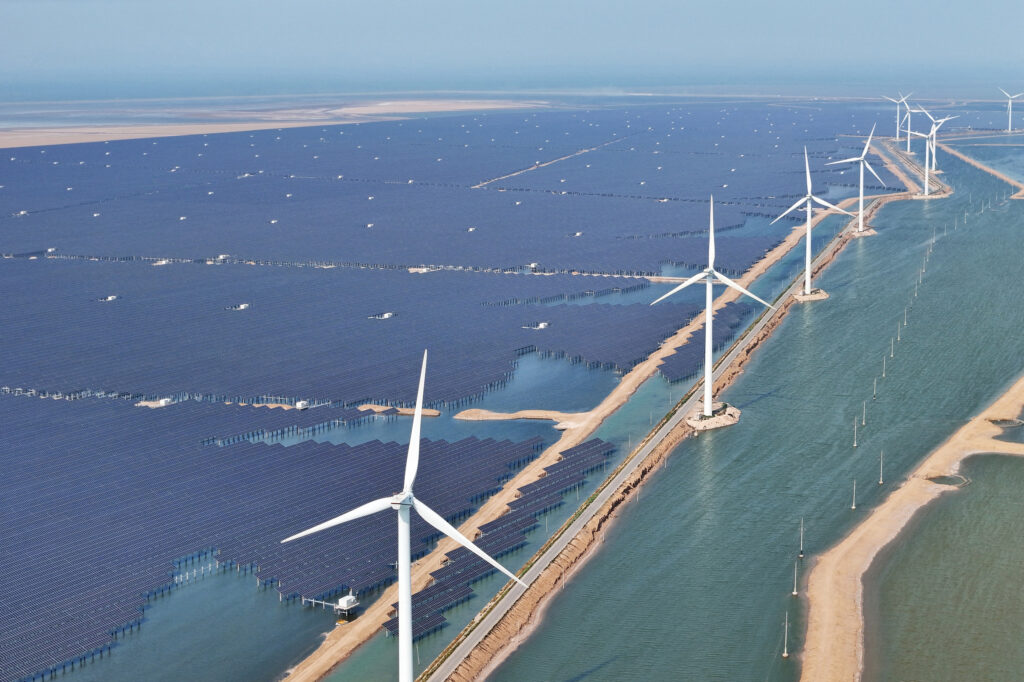Underwater sound waves could weaken tsunamis by redistributing their energy before they strike coastlines, saving lives and infrastructure in at-risk locations across the globe, according to new research.
The study, led by Cardiff University, reveals how ocean waves and sound waves, previously thought unrelated, can interact to reshape their dynamics.
The interaction, which requires two acoustic waves and a single surface gravity wave, can be matched like the rhythm of a song to a dance, to shift energy between the waves, the researchers claim.
This process, presented in the Journal of Fluid Mechanics, could help address challenges in tsunami mitigation and marine renewables by defusing dangerous waves or amplifying ocean waves to harness their power for clean energy.
Lead author Dr Usama Kadri, Reader in Applied Mathematics at Cardiff University, said: “Our study describes how these two wave types, which exist in parallel worlds, can nevertheless exchange energy when the right conditions mature.”
This ‘conversation’ between acoustic waves and surface gravity waves is made possible by a unique three-wave interaction known as triad resonance. In theory, this process allows us to effectively control wave energy – either by reducing destructive waves like tsunamis or boosting ocean waves for renewable energy capture.
“This is important because it offers us a physics-based way to reduce tsunami energy, weakening them significantly, which is not possible with current methods like seawalls or warning centres.”
The study builds on Dr Kadri’s previous research on tsunami mitigation, including work on the 2022 Tonga tsunami, where he discovered natural acoustic-gravity interactions influence wave behaviour at an oceanic scale.
Here he identifies practical tuning parameters including wave frequency, amplitude and depth to optimise energy redistribution for real-world applications.
‘Sweet spot’
Dr Kadri added: “Another detail is that shallow water dramatically boosts energy transfer, aligning with where tsunamis become most destructive.
“This natural ‘sweet spot’ could simplify practical applications.”
In addition to tsunami mitigation, the team hope their findings can help address the current limitations in the marine renewables sector, where existing technologies struggle to efficiently capture energy from ocean waves, especially in deep water.
By using acoustic-gravity interactions to amplify surface waves, renewable energy harvesting could be more effective, according to the team.
They are now working towards providing a proof of concept for their theory in a laboratory setting, as part of a Leverhulme-funded project.
“Once lab validation is achieved, designing real-world scaled acoustic generators becomes an engineering challenge ‘only’,” says Dr Kadri.
“Though further study will of course be required to ensure no harm is made to marine life as part of the process.”
The paper, ‘Resonant triad interactions of two acoustic modes and a gravity wave’, is published in the Journal of Fluid Mechanics.
















